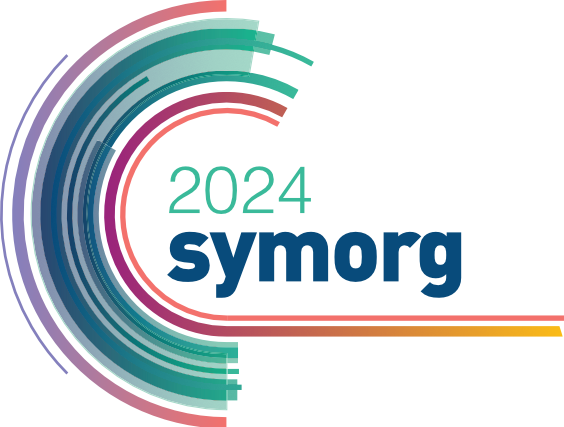Aleksander Aristovnik, Ph.D.
Professor of Economics and Management in Administration
University of Ljubljana, Slovenia
A Short Biography
Aleksander Aristovnik, PhD, is a professor of Economics and Management in the Public Sector at the Faculty of Public Administration and a professor of Economics at the School of Economics and Business (University of Ljubljana). He is one of the leading researchers in Administrative and Organizational Sciences, with around 100 peer-reviewed articles and more than 3,400 citations (h-index: 28). He is a member of the editorial boards of several indexed international journals (e.g., Public policy and administration research, Administrative sciences, Plos One, Frontiers in Education) and the programme committee of international scientific conferences (e.g., NISPAcee, EGPA…). He has been a leader (or member) of more than 30 national/international projects and an external reviewer of projects/programmes of different research agencies/networks (e.g., Slovenian Research Agency (ARRS), CELSA network). In 2020, he established the Covid-19 Social Science Lab (http://www.covidsoclab.org/) to research the COVID-19 pandemic’s impact on different aspects of social science where he is leading an international consortium of 150+ academic institutions from over 100 countries. He is the recipient of the Prešeren Award (1998) and the Golden Plaque of the University of Ljubljana (2020) for his outstanding merits in research and for exceptional contributions to strengthening the reputation of the University of Ljubljana.
LinkedIn ResearchGate Google Scholar Publons
The topic and presentation abstract
Digital Transformation of Public Administration during and after COVID-19 pandemic: some theoretical and empirical insights
The COVID-19 pandemic has significantly reshaped administrative relations and put emphasis on the digital transformation of public administration that is urgently needed to support a sustainable recovery from the pandemic crisis and future sustainable development in the post-pandemic era. Indeed, in unprecedented circumstances like the COVID-19 crisis, public services cannot be suspended and must then be delivered online, relying on the available digital technology. Accordingly, public administration has faced the pressing need to assess its current digital technological capabilities while also having to rapidly deal with technological adoption and solution implementation. In other words, the COVID-19 pandemic may be considered an accelerator of digitalization in the delivery of public services. In the presentation, I will present a bibliometric analysis of recent literature and findings from our international empirical study about the impact of the Covid-19 pandemic on the digitalization of public administration. Furthermore, a theoretical framework for measuring the digital transformation of public administration organizations in the post-pandemic era will be presented and empirically tested on selected public institutions.
















